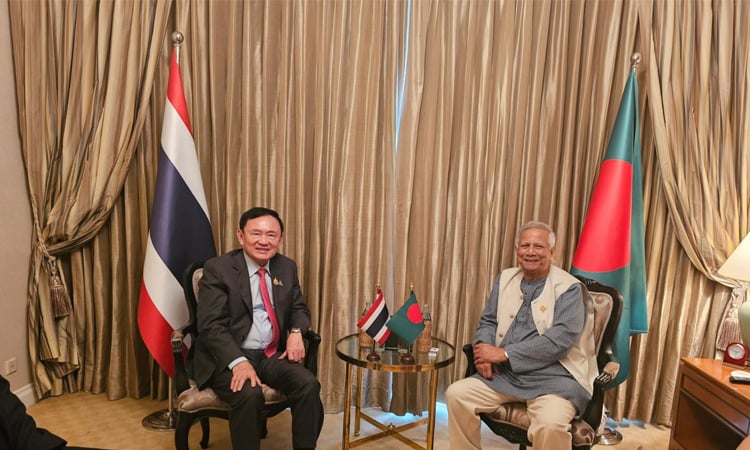
Rumor Scanner, a fact-checking organisation in Bangladesh, identified 298 instances of misinformation circulating on the internet in March this year. Previously, in January and February, it identified 271 and 268 instances of misinformation, respectively, said a report of Rumor Scanner released today. According to the data calculated from the fact-checks published on Rumor Scanner’s website in March, the highest number of misinformation cases were related to political issues (105), accounting for 35 percent of the total misinformation.
Additionally, 103 cases were related to national issues, 12 to international issues, 36 to religious issues, 3 to entertainment and literature, 3 to education, 12 to fraud, and 16 to sports. Among these incidents, video-centric misinformation was the most prevalent, with 143 cases. Information-centric misinformation accounted for 110 cases, and image-centric misinformation for 45 cases. Of the identified misinformation, 168 cases were classified as false, 97 as misleading, and 31 as distorted, the report said. Last month, Facebook was the platform where the most false information was spread, with a total of 273 cases. In addition, 62 cases were found on X, seven on TikTok, 44 on YouTube, 26 on Instagram, and at least five on Threads.
Even the country’s media outlets were not excluded from the spread of false information. Rumor Scanner observed the spread of false information in 16 instances across multiple local media outlets. Since last year, there has been an increase in the spread of false information involving Bangladesh by Indian media and various social media accounts operated from India.
Rumor Scanner observed this trend continuing in March as well. Last month, four incidents involving Bangladesh were reported in Indian media outlets spreading misinformation. Additionally, in three incidents, false information related to Bangladesh was spread through Indian accounts and pages on social media.
In March, 22 instances of false information were spread about the interim government’s chief advisor, Dr. Muhammad Yunus. In 77pc of these cases, the misinformation was intended to turn public opinion against him, while in 23pc of cases, the misinformation seemed to support him, according to the report. Fact-checks reveals that the highest number of false information was spread about the political party Bangladesh Jamaat-e-Islami (7 instances). About 86% of these false claims aimed to create a negative perception about the party. Two instances of misinformation were found involving the party’s Amir, Dr. Shafiqur Rahman (both against him). Six instances of misinformation were spread involving the party’s student wing, Bangladesh Islami Chhatra Shibir (all against them).
Regarding the Bangladesh Nationalist Party (BNP), Rumor Scanner observed the spread of four instances of false information (75% of which were against the party). Bangladesh Army, including seven specifically involving Chief of Army Staff General Waker-Uz-Zaman. Additionally, three instances of false information regarding the Bangladesh Police were identified. Furthermore, there was one instance of false information involving the Rapid Action Battalion (RAB) and one involving the Border Guard Bangladesh (BGB) in March.
The Students Against Discrimination, which played a leading role from the quota reform movement to the fall of the government, was subjected to disinformation. The spokesperson of the organization, Umama Fatema and other well-known individuals were targeted. In March, nine instances of fake content generated using artificial intelligence were identified. At the same time, five deepfake videos were also identified.






